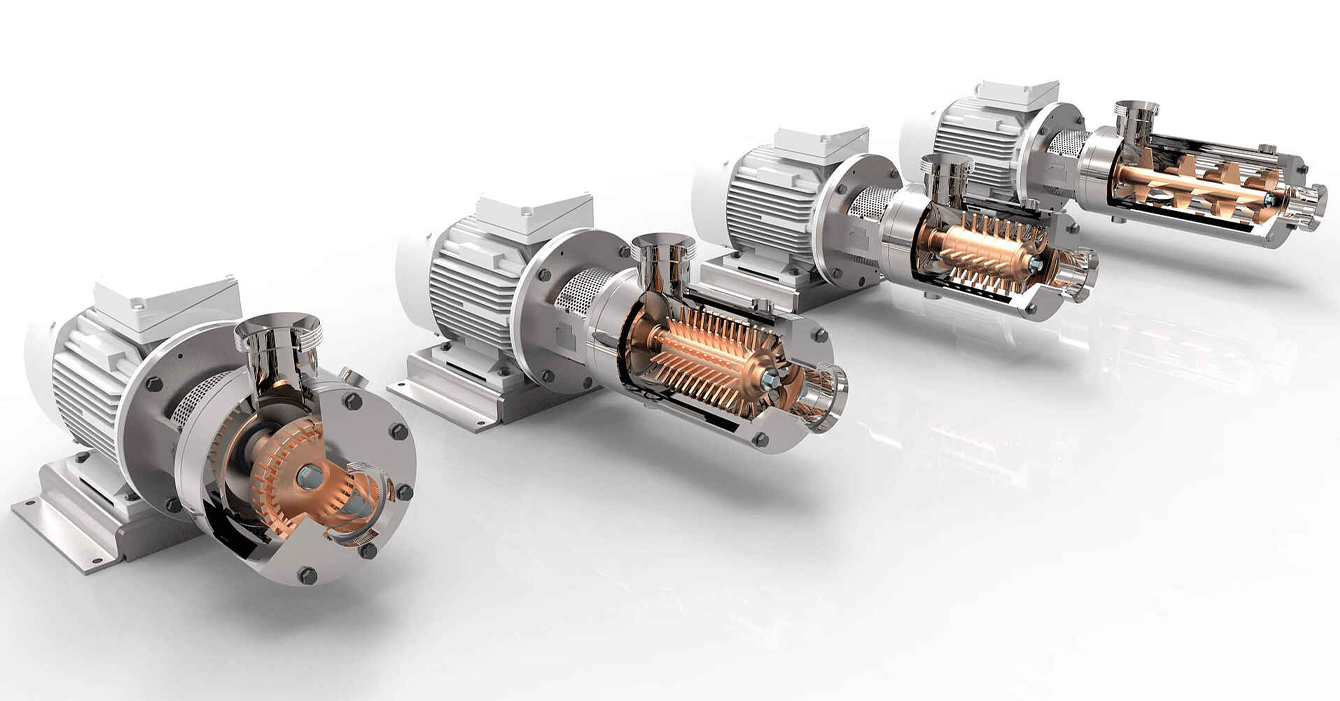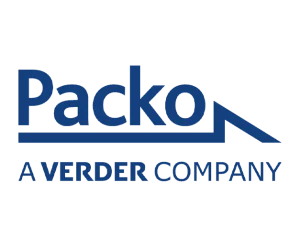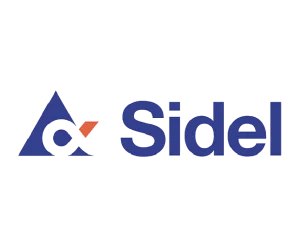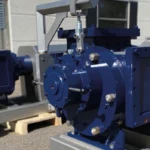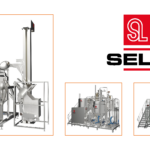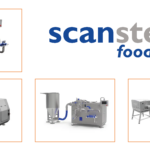Dynamic mixer — are high-tech equipment for intensive mixing, emulsifying, dispersing or homogenising liquid and semi-solid products. Due to the use of high-speed rotors and static components, dynamic mixers ensure uniformity and high quality of the final product. The dynamic mixer is based on the interaction between a rotating rotor and a stationary stator. As the rotor rotates, the liquid or mixture passes through the gaps between the rotor and stator, where it is subjected to intense mechanical stress:
- Mixing: The fluid components are mixed.
- Dispersion: Solid particles are crushed to a microscopic size.
- Emulsification: A stable emulsion is formed from two liquids that do not normally mix (e.g. water and oil).
- Homogenisation: It ensures an even distribution of particles in the product.
Depending on the design, dynamic mixers can have multiple rotors and stators to increase efficiency.
Areas of application
- Food industry:
- Production of sauces, mayonnaise, creams, yoghurts, and beverages.
- Homogenising milk or cream.
- Pharmaceuticals:
- Preparation of sterile solutions, ointments, gels.
- Mixing active ingredients with excipients.
- Cosmetics industry:
- Production of creams, shampoos, lotions, and toothpastes.
- Emulsification of oils and water components.
- Chemical industry:
- Mixing paints, varnishes, adhesives, resins.
- Dispersing solid particles in liquids.
- Oil and gas industry:
- Preparation of lubricants, emulsions, drilling fluids.
Features of dynamic mixers
- High intensity of the process:
The interaction of the rotor and stator ensures efficient mixing of even complex media. - Adjustable speed:
Mixers allow you to change the rotor speed, which allows you to adapt the equipment to specific processes. - Precision and control:
They provide control of emulsification, dispersion and homogenisation processes. - Versatility:
They are suitable for use in a variety of media: low-viscosity, high-viscosity, abrasive or mechanically sensitive. - Materials of execution:
They are made of stainless steel (AISI 316L), which meets sanitary standards and provides corrosion resistance. - CIP/SIP support:
Most models are compatible with automatic cleaning and sterilisation systems. - Compactness:
They can be portable or integrated into production lines.
How to choose the right dynamic mixer?
- Product properties:
- Consider the viscosity, density, temperature, and chemical composition of the liquid.
- For sensitive foods, choose mixers with a delicate operating mode.
- Production capacity:
- Calculate the capacity of the equipment based on the volume to be processed.
- Type of rotor-stator system:
- Single-stage models are suitable for simple processes.
- Multi-stage mixers provide more intensive processing and are used for complex tasks.
- Materials:
- Choose stainless steel for food and pharmaceuticals.
- Use special coatings for aggressive environments.
- Management system:
- Check the possibility of automation and integration into existing production lines.
- Additional features:
- Availability of a cooling or heating system if the process requires temperature control.

